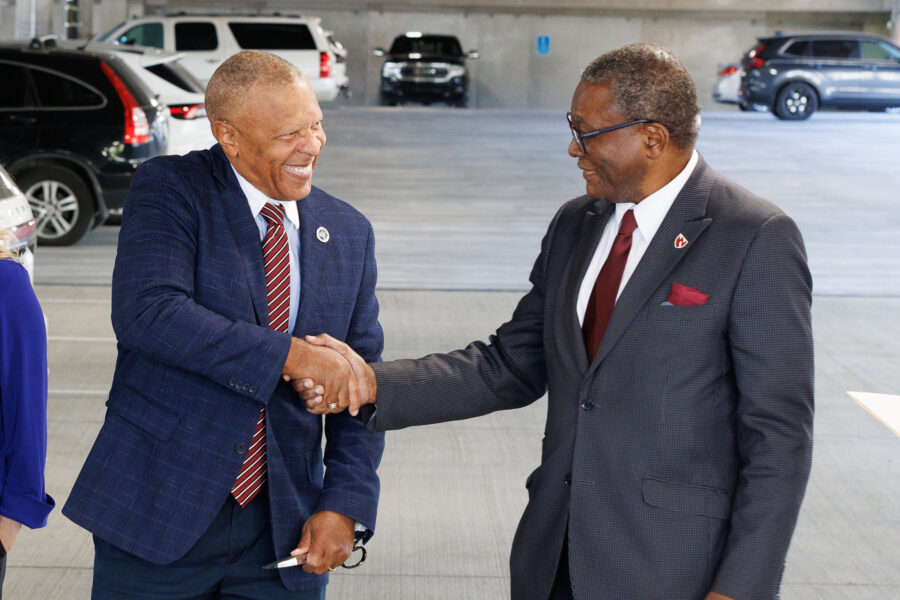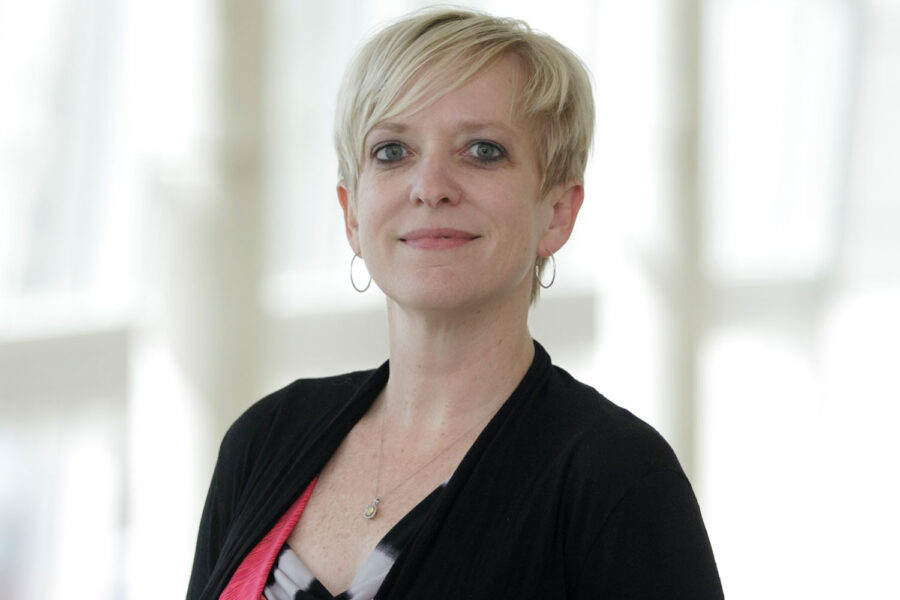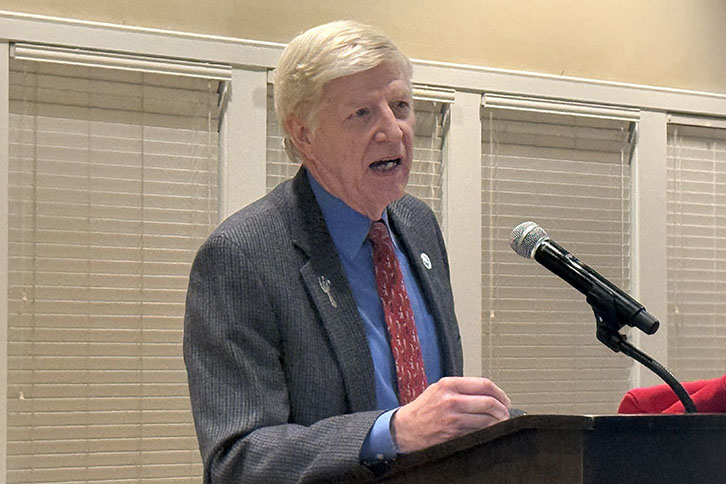The institutions of higher education are designed to serve and one has a better chance of appreciating the many services these institutions provide with the proper mindset. I, myself, have had to change many of my mindsets as I have traveled both the paths of my education and career in order to foster my own mental well-being. Here are a few valuable lessons that I feel I have learned during the course of both:
1. Strive to be a team player
Early in my education, it was difficult for me to appreciate how this mentality was a necessary ingredient for my success in higher education. As a student, I always considered myself to be dedicated and studious (I certainly had the grades from many reputable education institutions to back my claim up too). For these reasons, as my education progressed, I found myself reluctant to work with others during the course of my studies as I felt that many of my peers didn’t burn with the same level of passion or tenacity as I did. As I neared the end of my master’s studies, though, I became acutely aware that my individual success was indeed connected to the success of my peers as well as their opinions of me. As a result, I became more receptive to working with others but also found myself wishing that I had developed this desire sooner. These days, when I get a job, I strive to bring something to my employers rather than solely look for what I can get from them. This mindset has served me well on countless occasions in the workplace. Some of the more notable results I have observed from my attempts to maintain this mindset in the workplace include: better interactions with co-workers and colleagues as a whole, a greater level of satisfaction from my work, and the capacity to preserve my own mental well-being in the workplace.
2. Maintain flexibility
Another mindset that I wished I had acquired earlier as a graduate student was the ability to be receptive to career opportunities that didn’t initially seem appealing. As an aspiring master’s student I conjured a nice, neat timeline in my head for how my career was going to progress as well as when it was I was going to achieve a variety of career/life milestones that I viewed as important. This timeline I had imposed on myself needed to be discarded. Once I was able to do that, I was able to thankfully take jobs that, upon my initial inspection, seemed unappealing. I also became capable of viewing them as unique career opportunities I ought to be grateful for. The results are that I have been able to develop a much broader set of skills than I initially thought was possible during the early years of my education. This in turn has afforded me the opportunity to develop multiple different resumes which has significantly enhanced my marketability to a much broader range of employers than what I initially thought possible when I was pursuing my degrees as well. Today, I try my best not to “thumb my nose” at job prospects that don’t initially seem appealing. Instead, I try to view them as separate, special opportunities for both career and personal growth.
3. Apply similar mindsets from points 1 and 2 to areas of my life other than my career/education
As my education has progressed, I have become more aware that education is not so much about developing skills that will net me a high-paying job but rather as an opportunity to develop new strategies that will allow me to more effectively live my life as a whole. Thus I find myself trying to practice points one and two in many other areas of my life. These attitudes always rub off well in any venue that I elect to practice them in. Inevitably I find that the more I strive to bring to any situation the more I get out of it. This is a paradox that seems to yield unlimited, beneficial results.
Thus, my take home message is strive to be a flexible, team player not only in the work place but in life in general. As I have strove to enrich the lives of others I in turn have found my life enriched. Attitudes similar to those listed above have served me well not just in the workplace but also at home as well as in my community. Today I strive to be mindful of my fellows and help when I feel I can. As a result, I lead a very fulfilling and balanced life far beyond anything that I could have imagined as a graduate student when I was solely looking to my education/career for emotional fulfillment. These attitudes have helped me maintain a very healthy mental well-being which is far more valuable to me today than any salary amount I could hope to earn from any job.
– Trevor H. MS ‘12




